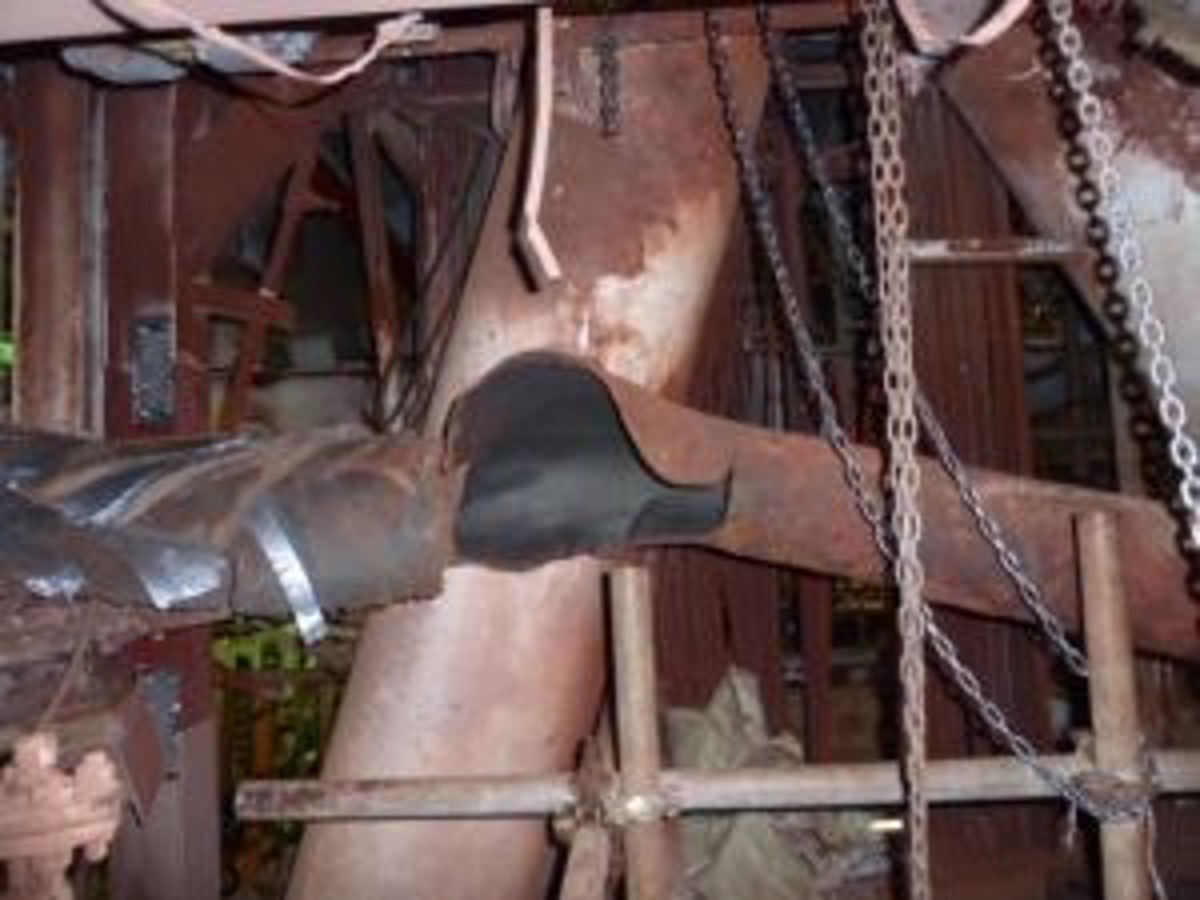UK HSE Investigation into Offshore Gas Explosion
- Safety Flash
- Published on 30 September 2019
- Generated on 4 July 2025
- IMCA SF 23/19
- 2 minute read
Jump to:
The UK HSE has fined Marathon Oil UK LLC (Marathon) £1,160,000 following investigation into a high-pressure gas release on the Brae Alpha offshore platform on 26 December 2015.
What happened?
Eight-inch (20cm) diameter high pressure pipework in Module 14 on the platform suffered a catastrophic rupture as a result of ‘Corrosion Under Insulation’ (CUI), allowing over two tonnes of high-pressure methane gas to be released almost instantaneously.
The force of the high-pressure release caused significant and widespread damage in Module 14. Fortunately, owing to the timing of the incident, there were no injuries.

What went wrong?
Investigation found that Marathon Oil had failed to undertake any suitable and sufficient inspection of the pipework that would have allowed the company to identify the risk and prevent the hazard from materialising.
These failures resulted in personnel on-board the Brae Alpha platform being exposed to an unacceptable risk of serious personal injury or death from fire and explosion, and also led to the UK HSE serving an Improvement Notice on Marathon Oil in January 2016, requiring the company to implement an effective hydrocarbon pipework inspection and maintenance regime.
What lessons were learned?
The inspector noted:
“This incident is a further reminder of the ever-present hazards in oil and gas production, that if not rigorously managed can easily result in a potentially life-threatening event. Corrosion Under Insulation (CUI) is a well-known risk and this incident should not have occurred.
"During any normal period of operations personnel could easily have been working in, or transiting through Module 14, and they would almost certainly have been killed or suffered serious injury. The timing of the incident and fact that the gas did not ignite was fortuitous.”
Featured Safety Flashes
-
IMCA SF 21/16
10 August 2016
-
IMCA SF 16/16
27 June 2016
-
IMCA SF 08/15
5 June 2015
IMCA Safety Flashes summarise key safety matters and incidents, allowing lessons to be more easily learnt for the benefit of the entire offshore industry.
The effectiveness of the IMCA Safety Flash system depends on the industry sharing information and so avoiding repeat incidents. Incidents are classified according to IOGP's Life Saving Rules.
All information is anonymised or sanitised, as appropriate, and warnings for graphic content included where possible.
IMCA makes every effort to ensure both the accuracy and reliability of the information shared, but is not be liable for any guidance and/or recommendation and/or statement herein contained.
The information contained in this document does not fulfil or replace any individual's or Member's legal, regulatory or other duties or obligations in respect of their operations. Individuals and Members remain solely responsible for the safe, lawful and proper conduct of their operations.
Share your safety incidents with IMCA online. Sign-up to receive Safety Flashes straight to your email.